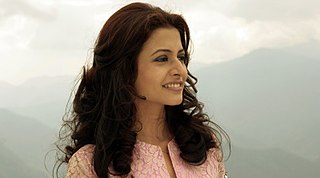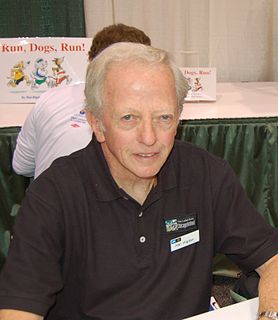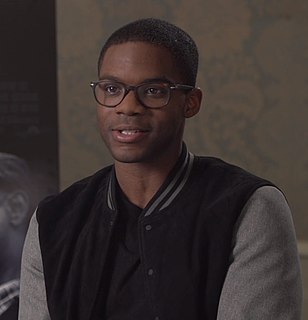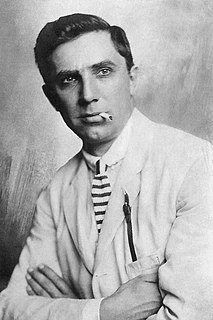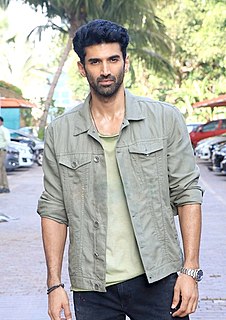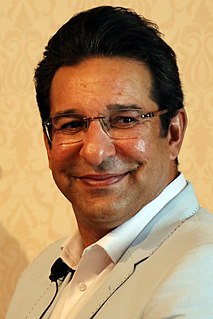A Quote by Koel Mallick
I feel, it is essential to see oneself on-screen so as to be a better judge of one's performance.
Related Quotes
I used to think I needed to have drama at all times, or I wouldn't have the fuel for the performance. Now I know that's not true. That doesn't mean I don't feel it, but I recognize it when I do and put the brakes on. And if the performance isn't what it might have been once, I've learned not to judge myself as much.
